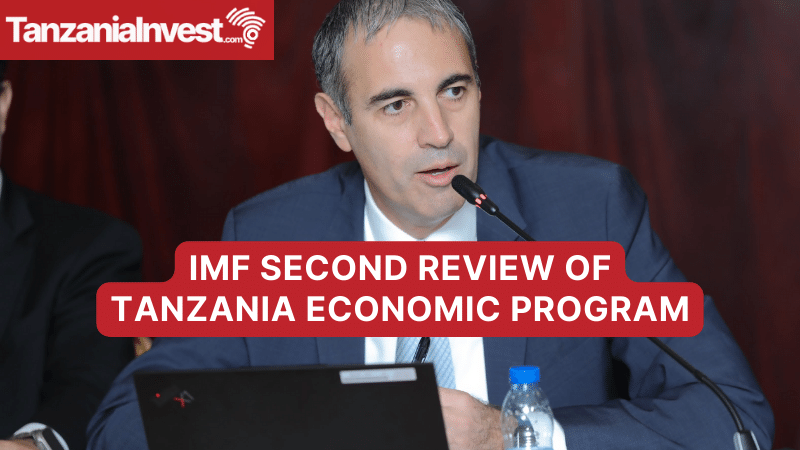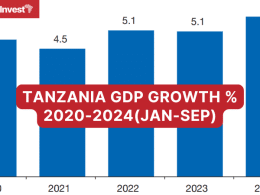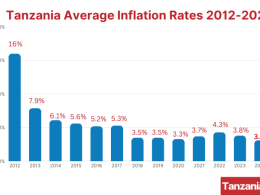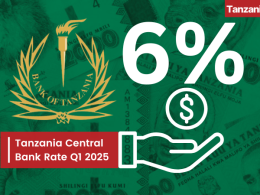The International Monetary Fund (IMF) has reached a staff-level agreement with Tanzania on the second review of its Extended Credit Facility (ECF) program.
A staff-level agreement is a preliminary agreement reached between the staff of the IMF and a member country.
This agreement is the outcome of negotiations and discussions regarding the country’s economic and financial policies that the IMF will support financially.
The agreement was concluded after a series of meetings held from October 23 to November 3, 2023, between IMF officials and Tanzanian authorities.
The discussions centered on the nation’s economic reforms and policy priorities within the forty-month ECF program.
The ECF program aims to bolster economic recovery, ensure macro-financial stability, and promote inclusive growth.
Tanzania’s recovery from the pandemic has been hampered by a challenging global economic climate and reduced rainfall, affecting the agricultural sector.
The IMF has outlined immediate policy priorities for Tanzania, including increased exchange rate flexibility, monetary policy tightening, and fiscal consolidation, while maintaining essential social expenditures.
Upon approval by the IMF Executive Board, Tanzania will access SDR 113.37 million (approximately USD 150 million, based on the latest exchange rates).
This will bring the total financial support under the ECF to SDR 342.1 million (around USD 452.7 million).
Charalambos Tsangarides IMF Tanzania Second Review, the IMF mission chief for Tanzania, stated, “I am pleased to announce that we have reached a staff-level agreement on economic policies to conclude the second review of Tanzania’s economic program under the ECF arrangement.”
Tanzania’s GDP growth decelerated to 4.7% in 2022, down from 4.9% in 2021, due to external economic factors and a decline in agricultural productivity.
The IMF projects a recovery starting in 2023, with the condition of continued reform implementation by the Tanzanian government.
The Tanzanian government has committed to a fiscal consolidation plan and a rebalancing of spending to prioritize social services.
IMF in Tanzania
The IMF, established to ensure the stability of the international monetary system, provides financial assistance to countries in need.
The ECF provides financial assistance to countries with protracted balance of payments problems.
Tanzania’s current ECF arrangement was approved on July 18, 2022, for a total amount of SDR 795.58 million, to support the country’s economic policies and reforms.










